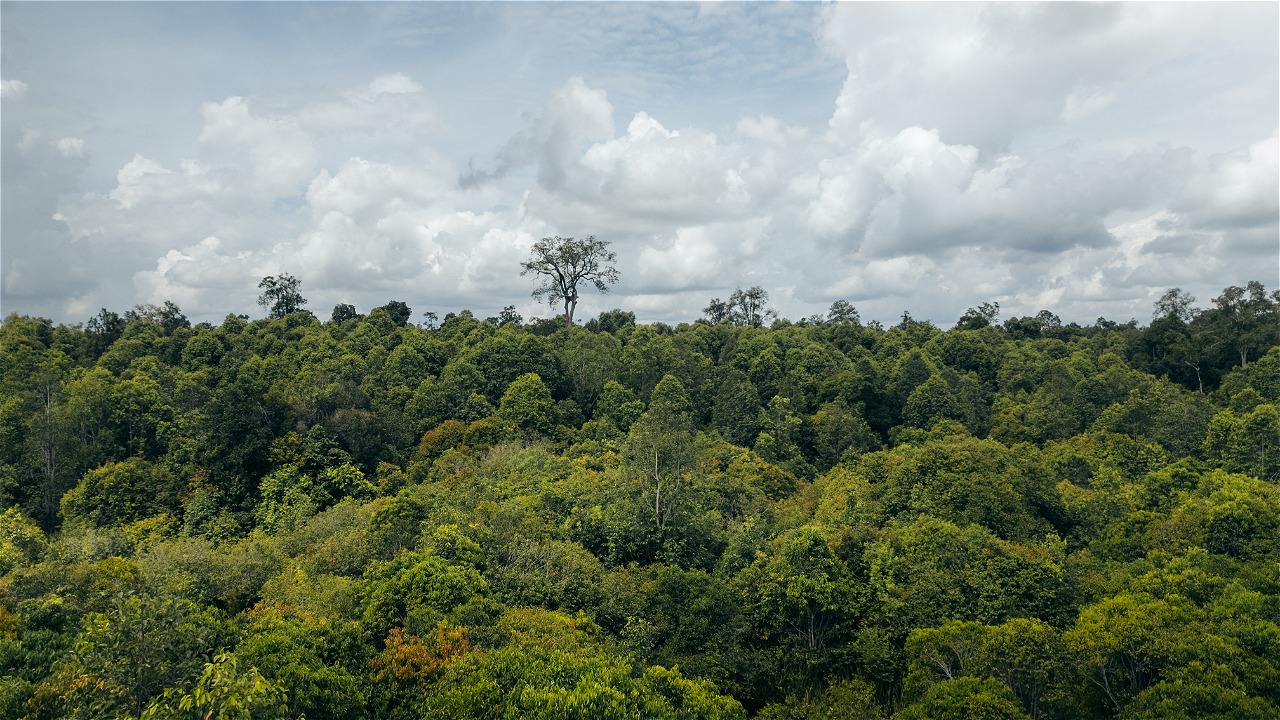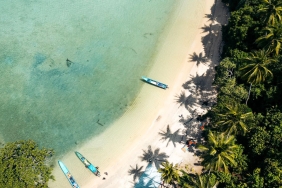MAXIMIZE THE ROLE OF RANGERS WITH NEW TRAINING GUIDE FOR FIELD RANGERS
10 February 2017 - Amidst the global poaching crisis, comes the Training Manual for Field Rangers, which makes it possible to form more revolutionary Anti-poaching Teams for diverse field and frontline conditions. This guide is expected to save both people and wildlife.
In a decade, globally 1000 rangers have been killed in the line of duty, of which 80% were killed by poachers, the rest by militant groups. This loss underscores that rangers need adequate training and equipment.
The team that developed this guide is a combination of experts and experienced rangers. This initial series of training manuals will be used globally by the International Ranger Federation, Global Tiger Forum, Thin Green Line Foundation, PAMS Foundation and WWF.
The illegal wildlife trade is the world's fourth largest criminal enterprise, estimated at 19 Billion USD per year. Poachers target iconic species such as elephants, tigers and rhinos using sophisticated methods and the latest technology. With rangers lacking training, confronting poachers with sophisticated methods will continue to result in failed operations, serious injuries and even deaths.
Last year, WWF conducted a perception survey for rangers, in Asia and Africa, and the results showed that the majority of rangers felt their safety was at risk when on duty, and also lacked equipment. Half felt they were not properly trained to do their job effectively.
In the Indonesian context, in addition to the lack of training, the number of rangers is also inadequate, according to the Tigers Alive Initiative (TAI) study, eight rangers are needed every 100 km2. Therefore, based on the size of Indonesia's protected and conservation forests, there should be at least 48,000 forest rangers to maintain the integrity of the forest, including all flora and fauna resources. Meanwhile, based on data from the Ministry of Environment and Forestry (KLHK) in 2015, there are currently only around 8,000 forest guard personnel (Polhut). Of these personnel, 5,000 are managed by local governments, and the rest are under the responsibility of KLHK).
Conservation Director of WWF-Indonesia, Arnold Sitompul said, "Indonesia has biodiversity that is very vulnerable to extinction, therefore protecting it comprehensively by involving all parties including the government and the community is a must". Arnold continued, "We hope that this guide can complement the existing ranger curriculum at the Ministry of Environment and Forestry, and can be used as a complete guide to involve the community directly."
Basic training for rangers is a very important part of increasing capacity, and preparing the capacity of rangers to deal with unexpected situations.
-Finished-
Editor's note
- Training and Guideline for Forest Rangers can be downloaded here here
- Further info on Training Guidelines for Field Rangers
This training curriculum for rangers is the first in a series of training standards for rangers.
This training method was developed in collaboration between the International Ranger Federation, Global Tiger
Forum, PAMS Foundation, WWF, The Thin Green Line Foundation, United For Rangers (UFR), the Southern
African Wildlife College, International Anti-Poaching Foundation (IAPF), Conservation International, African
Parks Network, TRAFFIC, Panthera, Wildlife Trust of India (WTI) and Global Wildlife Conservation (GWC).
The training contains the basic operations, tactics required for anti-poacher teams in the field, and can also help national parks, conservation organizations, wildlife conservation organizations, and GWC.
help national parks, conservation organizations, and governments to design curricula for anti-poaching teams.
poaching teams. With these standards in place, it will help to establish manuals for anti-poaching teams,
law enforcement, tracking, conservation, first aid and court access procedures for poachers.
forest criminals.
- Pokmaswas is a Supervisory Community Group, for example in Paloh which monitors turtle nesting beaches in West Kalimantan.
For more information, please contact:
Diah R. Sulistiowati, Campaign and Communication Coordinator for Forest, Terrestrial Species and Fresh Water.
Email: dsulistiowati@wwf.id; HP: +6281 1100 4397





